Choosing the right conversational AI platform can feel like a big decision—especially when you're running a startup and every customer interaction counts.
These platforms are designed to handle natural language conversations, interpret user input, and automate routine tasks so your team can focus on what matters. And they’re not just for big enterprises anymore—startups are now building smarter customer support with tools powered by natural language processing and machine learning.
In fact, according to Gartner, by 2026, 70% of customer interactions will involve AI-based tools like chatbots, voice assistants, and messaging apps.
So if you’ve been thinking about using conversational AI solutions, now’s a great time to explore the options that actually fit a startup’s needs.
What Is a Conversational AI Platform?
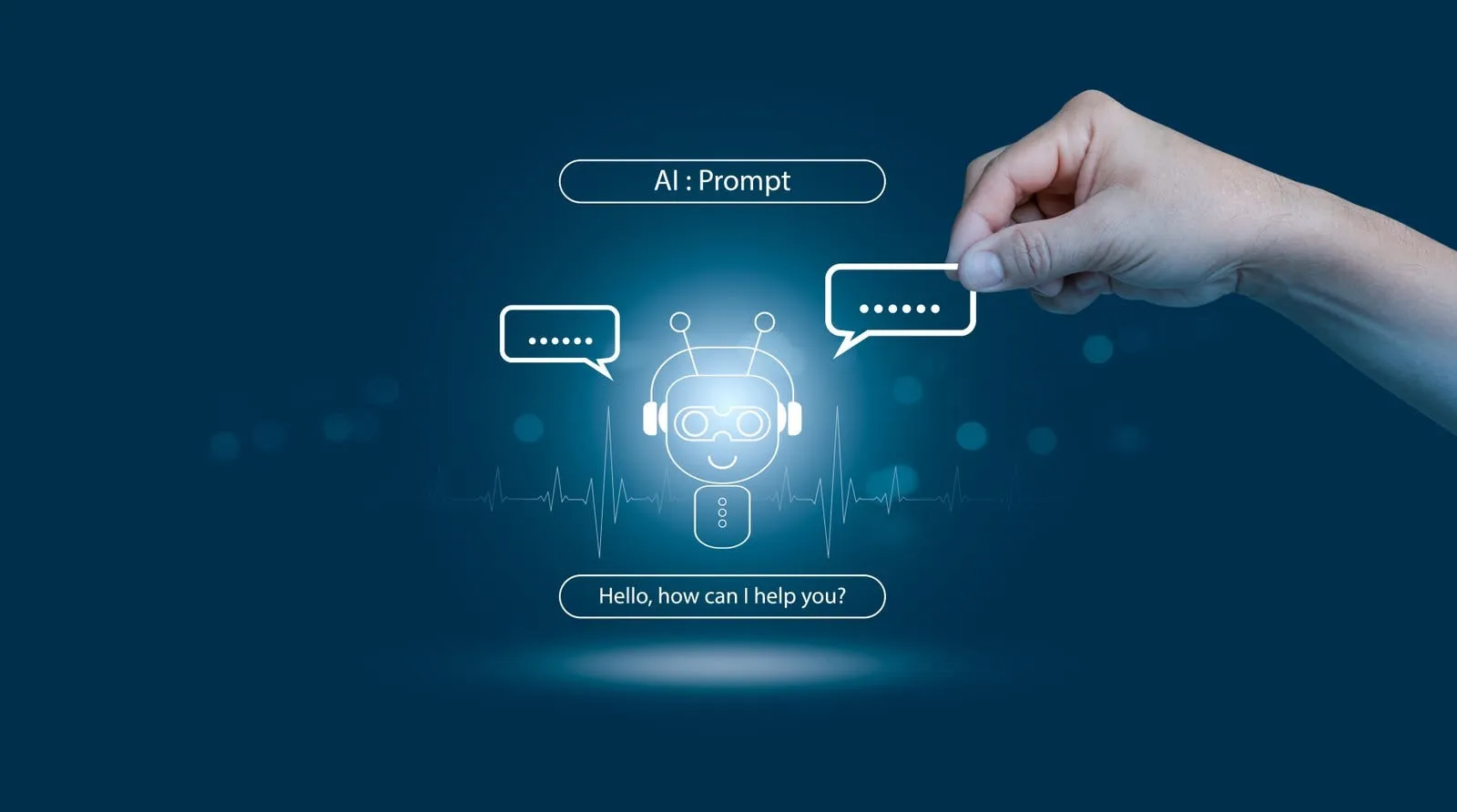
A conversational AI platform lets software communicate with people through human language — not buttons or forms. It powers conversational ai chatbots, virtual agents, and voice assistants that can understand what users say and reply in a natural way.
These platforms often combine natural language generation, artificial intelligence, and machine learning to drive more accurate, human-like responses.
They're built to manage context aware conversations, support personalized customer interactions, and respond to customer queries across apps, websites, or messaging tools.
Think of it as the system behind the scenes that turns basic automation into real human conversation—quick, helpful, and available anytime.
How Does Conversational AI Work?
At the core, conversational ai systems work by analyzing your user input using natural language processing nlp. Then they match it to intent using contextual understanding and respond using trained conversational ai models.
They also include automatic speech recognition to process voice, and generative ai capabilities to create responses that feel real. As users interact, these systems learn from user behavior and conversational data to continuously improve conversation quality.
According to McKinsey, AI-powered platforms can reduce customer service costs by up to 30% while improving resolution time and satisfaction.
That’s a strong case for startups aiming for operational efficiency.
What Is the Role of Natural Language Processing in Conversational AI?
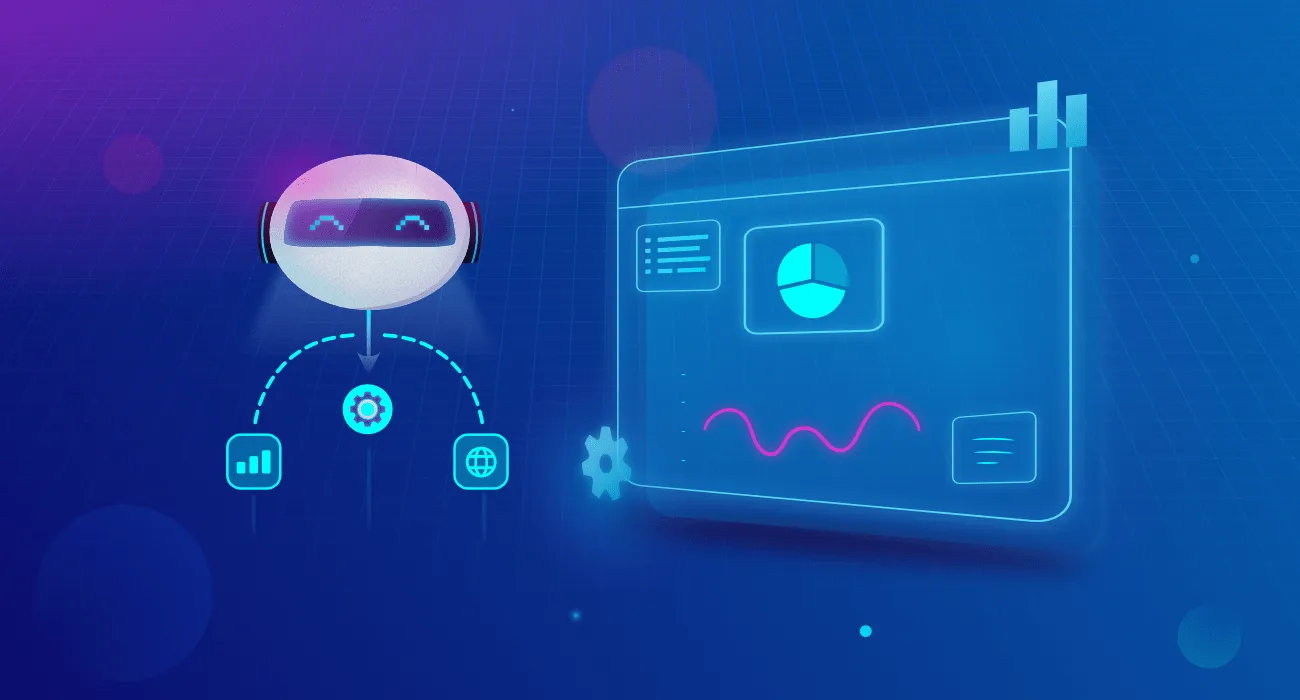
Natural language processing (NLP) helps conversational systems make sense of how we talk. It breaks down the human language, handles tone, grammar, and intent, and feeds that into the AI. Without it, even the best conversational ai software wouldn’t know how to respond clearly or accurately.
How Does Natural Language Understanding Improve Conversations?
Understanding what someone means goes beyond just their words. That’s where natural language understanding (NLU) plays a huge role in conversational artificial intelligence. It helps AI interpret tone, user intent, and even implied meaning in a sentence.
Startups using conversational systems often need fast, reliable responses across multiple channels. With NLU, platforms can reduce miscommunication, adapt to different customer expectations, and manage complex scenarios without needing constant human supervision.
According to IBM, NLU systems with strong intent recognition improve response quality by over 30% compared to rule-based bots.
Here's How NLU Elevates Conversations:
- Context Awareness
Understands previous inputs and adjusts replies accordingly.
Ideal for handling multi-turn conversations. - Personalized Responses
It considers training data, user feedback, and customer history.
This allows more personalized customer experiences with fewer gaps. - Reduces Escalation to Human Agents
When AI understands queries well, it resolves more requests without relying on human agents. - Optimizes Accuracy
With advanced conversational ai technology, platforms can now optimize ai accuracy in real-time.
NLU turns robotic scripts into fluid, relatable interactions. And for startups, that means building trust and delivering high quality customer service—even without a large support team.
“The better your AI understands language, the more trust it earns,” — Rob High, VP & CTO, IBM Watson
Why Should Startups Use Conversational AI Solutions?
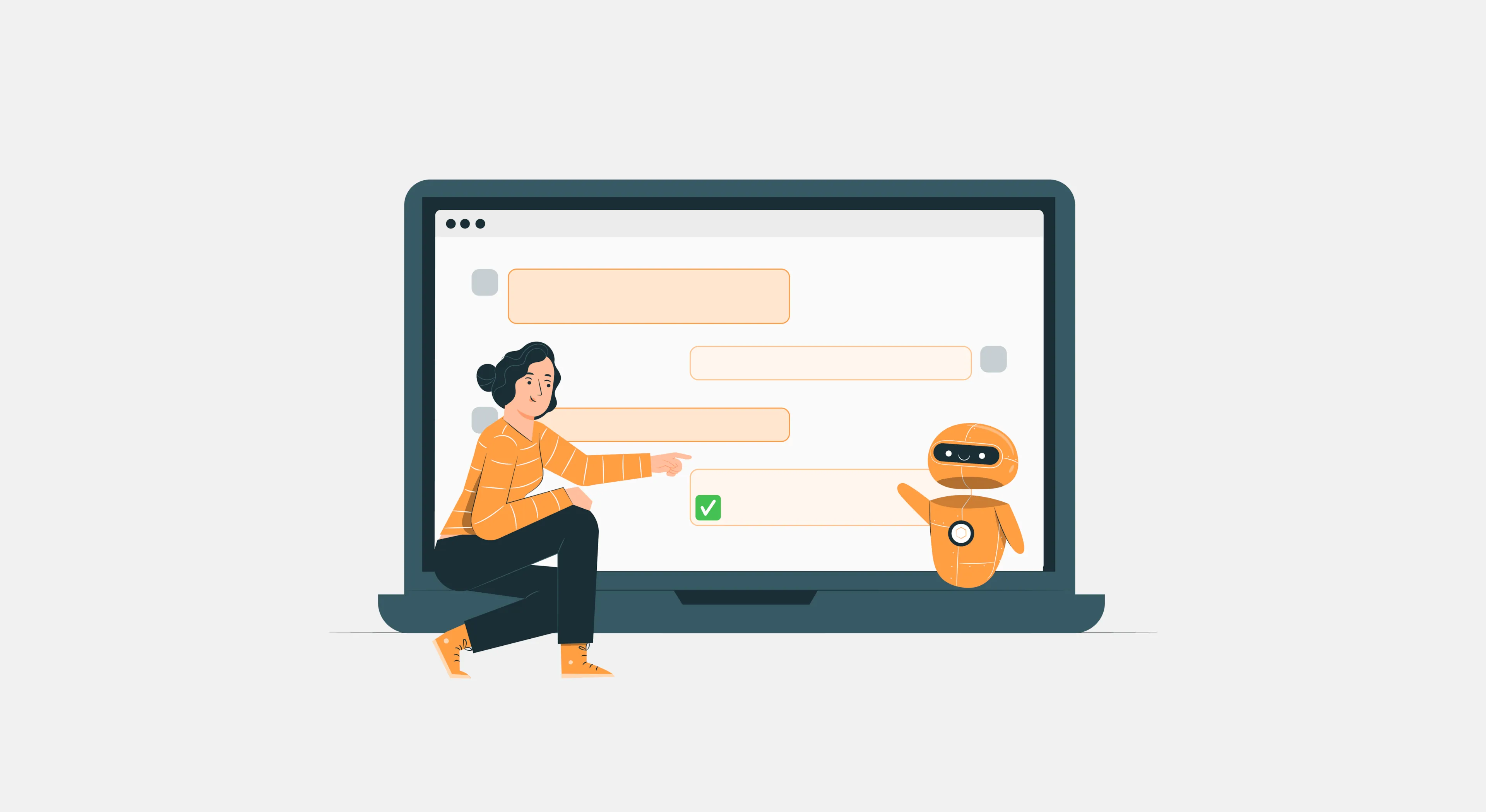
1. Cost-Effective Customer Support
Startups often can’t afford large support teams. That’s where a comprehensive conversational AI platform helps by handling basic customer service operations without adding headcount. It reduces support costs and gives users answers faster.
According to Juniper Research, conversational AI will save businesses over \$8 billion annually in support costs by 2026.
Platforms also help meet customer satisfaction goals without constantly relying on human agents. They resolve repetitive queries while maintaining consistent tone and accuracy.
2. 24/7 Availability and Instant Responses
You can’t always be online, but your customers might be. With a fully managed AI service, your business stays active around the clock. That means faster response time, even when your team’s offline.
These platforms support quick and effortless solutions for common questions. So instead of making customers wait, you meet expectations instantly—day or night.
3. Scalable Communication for Growing Teams
Startups grow fast. Having scalable systems that adapt is key to handling an increase in customer queries without slowing down.
A well-integrated conversational ai application ensures your communication can handle 100 users—or 10,000—without friction. It also helps you understand where each user is in their customer journey.
4. Personalized User Experiences
Users expect a little more than “Hello, how can I help you?”. Intuitive conversational interfaces allow startups to personalize chats in real-time, based on past behavior or interests.
This leads to better customer satisfaction scores and stronger relationships. You’re not just solving problems—you’re showing users you understand them.
“When digital conversations feel human, the loyalty grows,” — Guneet Singh, Director, Google Business Messaging
5. Faster Lead Qualification and Conversion
AI tools can help qualify leads faster by asking the right questions upfront. It recognizes patterns and matches user intent to solutions you offer.
This is especially useful for startups juggling sales and marketing strategies without a dedicated sales team. Leads move through the funnel while your team focuses on closing.
6. Integration With Existing Tools
A major benefit is seamless integration with your CRM, helpdesk, or analytics platform. Startups shouldn’t have to change systems to adopt AI.
With the right tool, coding expertise isn’t even required. You can automate updates, track interactions, and monitor user feedback effortlessly.
7. Improved Team Efficiency and Focus
Your team’s time is valuable. Let AI handle FAQs so your people can work on creative or strategic efforts.
The AI also offers insights from your natural language understanding platform that helps in understanding customer expectations and identifying gaps in service.
According to Salesforce, 69% of high-performing teams use conversational interfaces to drive efficiency.
8 Best Conversational AI Platform Options for Startups in 2026
1. Dialogflow by Google Cloud
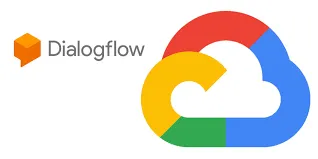
Dialogflow is a natural language understanding platform that allows developers to build and embed conversational interfaces into web apps, mobile applications, devices, and chatbots.
Key Features:
- Multilingual Support: Supports over 20 languages, making it suitable for global applications.
- Integration Capabilities: Seamlessly integrates with Google Assistant and other platforms.
- Dialogflow CX: Offers advanced features like state-based data models for complex conversations.
Ideal For: Startups looking for scalable and flexible conversational AI solutions with robust integration capabilities.
2. IBM Watson Assistant

IBM Watson Assistant is a conversational AI solution designed to build AI assistants that scale across a business, providing customers and employees with fast, consistent, and accurate answers across any messaging platform, application, device, or channel.
Key Features:
- Advanced NLU: Utilizes natural language understanding to comprehend user queries effectively.
- Multi-Channel Deployment: Supports deployment across various channels, including web chat, messaging platforms, and voice interfaces.
- Integration with IBM Services: Can be integrated with other IBM services for enhanced functionality.
Ideal For: Startups seeking enterprise-grade AI solutions with robust analytics and integration capabilities.
3. Microsoft Azure Bot Service
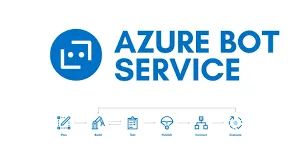
Azure Bot Service provides an integrated environment for developing bots that can naturally interact with users across multiple channels.
Key Features:
- Multi-Channel Support: Enables bots to communicate across various platforms like Microsoft Teams, Slack, and Facebook Messenger.
- Integration with Azure Services: Leverages Azure Cognitive Services for enhanced capabilities.
- Scalability: Built on Azure's cloud infrastructure, ensuring scalability and reliability.
Ideal For: Startups already utilizing Microsoft services and seeking seamless integration with existing tools.
4. Amazon Lex

Amazon Lex is a service for building conversational interfaces into any application using voice and text.
Key Features:
- Deep Learning Capabilities: Employs advanced deep learning functionalities for natural language understanding.
- Integration with AWS Services: Easily integrates with AWS Lambda and other AWS services.
- Multi-Platform Deployment: Supports deployment across various platforms, including mobile apps and IoT devices.
Ideal For: Startups looking for a scalable solution with strong integration into the AWS ecosystem.
5. Rasa
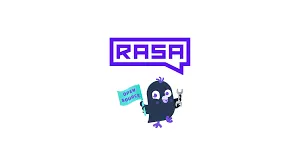
Rasa is an open-source conversational AI platform that enables developers to create context-aware chatbots and virtual assistants tailored to specific use cases.
Key Features:
- Customizable: Offers full control over the assistant's behavior and data.
- Open Source: Provides transparency and flexibility for developers.
- Advanced Dialogue Management: Utilizes machine learning for managing complex conversations.
Ideal For: Startups with in-house development teams seeking customizable and transparent AI solutions.
6. Drift

Drift is a conversational marketing platform that combines chat, email, video, and automation to remove friction from the buying process.
Key Features:
- Lead Qualification: Automates lead qualification through conversational bots.
- Integration with CRM: Seamlessly integrates with CRM systems for streamlined workflows.
- Real-Time Engagement: Engages website visitors in real-time to increase conversions.
Ideal For: Startups focusing on sales and marketing automation to enhance customer engagement.
7. Intercom

Intercom is a customer communication platform with a suite of integrated products for every team—including sales, marketing, product, and support.
Key Features:
- Fin AI Agent: Provides AI-powered customer support with human-like interactions.
- Multi-Channel Support: Supports communication across email, chat, and social media.
- Customizable Workflows: Allows for tailored customer journeys and support workflows.
Ideal For: Startups aiming to provide personalized customer support experiences across multiple channels.
8. Kore.ai
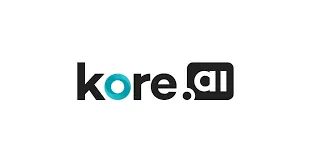
Kore.ai offers an enterprise-grade platform for building AI-powered chatbots and virtual assistants.
Key Features:
- No-Code Development: Provides tools for building bots without extensive coding knowledge.
- Multi-Engine NLP: Utilizes multiple natural language processing engines for improved understanding.
- Omnichannel Deployment: Supports deployment across various channels, including web, mobile, and messaging platforms.
Ideal For: Startups looking for a comprehensive platform with robust features and scalability.
Selecting the right conversational AI platform is crucial for startups aiming to enhance customer engagement and streamline operations. Each of these platforms offers unique features tailored to different needs and technical capabilities.
By evaluating your specific requirements and resources, you can choose a solution that aligns with your business goals and growth trajectory.
Top Conversational AI Platforms Compared for Startups
What Features Should You Look for in a Conversational AI Platform?

When you're running a startup, the tools you choose early on shape how you grow. That’s especially true with a conversational AI platform—which isn’t just a chatbot; it’s your voice, support agent, and sales assistant rolled into one.
But how do you pick one that fits? The market is full of options, each promising “AI magic.” The truth is, you need real features that help your team move faster and serve better. Here are the 10 things to look for when choosing a platform that will actually work for you.
1. Natural Language Understanding (NLU) Capabilities
Good NLU separates a helpful bot from a frustrating one. It allows the platform to recognize the true intent behind what your users type or say—even if they phrase it differently.
➤ Why NLU Is Foundational
- Understands user input beyond keyword matching
- Detects user intent in different phrasings or tones
- Handles contextual understanding during multi-step conversations
NLU also helps your platform evolve. As users engage, the system learns what works, improving conversation quality over time.
2. Multichannel Deployment Support
Your users are everywhere—Slack, Messenger, your website, mobile apps. Your AI needs to follow them there.
➤ Multichannel Support Gives You Reach
- Deploy across multiple channels from one backend
- Keep branding and voice consistent across web, mobile, and voice assistants
- Avoid building separate bots for each platform
This saves time, reduces development cycles, and keeps the customer journey unified.
3. Integration With Existing Tools and APIs
Startups already juggle a lot of tools—CRM, email, payment gateways. A good platform connects with them easily.
➤ Seamless Integration Helps You Work Smarter
- Pull data from your CRM to personalize replies
- Push form responses or leads into marketing tools
- Tap into analytics, without needing coding expertise
This enables better tracking and faster response handling across your conversational ai applications.
4. Scalability and Performance
You may only have 100 customers now—but what about 10,000 next quarter? Your AI platform should grow with you.
➤ How to Tell It Scales
- Stable during peak traffic or product launches
- Optimized for quick and effortless solutions without lag
- Handles growing customer service operations without breaking
Scalability ensures your AI doesn’t become a bottleneck as your startup grows.
5. Customization and Control
Not all conversations are alike. You should be able to change how the bot responds, what it says, and how it flows.
➤ Customization Lets You Be You
- Set tone and vocabulary that match your brand
- Add logic flows for common customer interactions
- Define how to escalate to human agents when needed
The right platform puts you in control—not locked into templates that don’t match your audience.
6. Analytics and Reporting Features
Want to know if your bot is actually helping? You’ll need real data—not just vanity metrics.
➤ Good Analytics Should Show You
- Where users drop off or get confused
- How your response quality improves over time
- Insights from monitoring user feedback and behavior
Some platforms also help track customer satisfaction scores, giving you a pulse on service quality.
7. Prebuilt Templates and Use Cases
Don’t build everything from scratch. Templates speed up deployment and help you avoid common pitfalls.
➤ Templates Make Launching Easier
- Get started with industry-specific flows (e.g., ecommerce returns or appointment scheduling)
- Test use cases before building full integrations
- Use proven structures that match known sales and marketing strategies
This saves weeks of dev time and lets you go live faster.
8. Security and Compliance Standards
If your platform handles customer data, privacy isn’t optional—it’s essential.
➤ What to Check For
- Certifications like GDPR, HIPAA, or SOC 2
- Clear policies for how conversational data is stored
- Encrypted access and secure logs for customer interactions
Without these, even the smartest AI puts your business at risk.
9. Ease of Training and Ongoing Management
After you launch, you’ll need to tweak, test, and train regularly. That process should be simple—not a headache.
➤ Training Should Be Startup-Friendly
- Upload training data easily through a dashboard
- Adapt flows with drag-and-drop editors
- Get guided support for tuning NLU performance
This ensures your AI stays relevant as your product, market, and customer expectations evolve.
10. Support and Community Resources
Even the best platforms run into bugs or require guidance. That’s when support and an active user community really matter.
➤ What Strong Support Looks Like
- Fast responses through chat or email
- Access to forums and user-contributed conversational ai tools
- Libraries to answer frequently asked questions with ease
You’re not just buying software—you’re joining an ecosystem. Make sure it supports you.
Choosing the right conversational AI platform isn’t about chasing shiny features. It’s about selecting what works for your team, your tech stack, and your users.
From intuitive conversational interfaces to strong analytics, tight security, and solid integration, each of these features plays a role in helping you deliver better support, smarter automation, and real customer satisfaction—without burning time or money.
As your startup grows, this one decision can make your AI not just functional, but indispensable.
How Do You Choose the Right Conversational AI Platform?

1. Start With Your Use Case
Before comparing features, think about why you need a conversational AI platform in the first place. Are you building a customer support bot? Trying to qualify leads? Or automating internal workflows?
➤ Common Startup Use Cases
- Answering FAQs on your website or app
- Routing support tickets to the right team
- Collecting leads from landing pages
- Booking demos or appointments automatically
Clarifying your goal helps filter out platforms that won’t match your actual needs.
2. Consider Your Team’s Skill Level
Some platforms require coding knowledge. Others are no-code and drag-and-drop. Choose based on what your team can realistically manage — not just what’s trending.
➤ Think About:
- Do you have developers on staff?
- Will marketing or support teams manage it?
- Do you want full control, or something ready-to-use?
If you’re short on tech resources, go for a fully managed AI service with built-in workflows and a helpful UI.
3. Look at Integration Fit
You shouldn’t have to rebuild your stack. The best platform is one that fits into what you already use.
➤ Ask:
- Does it plug into your CRM, helpdesk, or website platform?
- Can it work across multiple channels?
- Is the integration easy or API-heavy?
The smoother the setup, the faster your launch.
4. Think About Long-Term Scalability
Don’t just choose for now — think ahead. What happens when you have 10x more users or need multilingual support?
➤ Look For:
- Clear pricing transparency (no surprise costs)
- Proven customer satisfaction metrics
- Flexibility to add new features later
“Startups don’t just need AI that works today — they need AI that adapts tomorrow,” — Maribel Lopez, Founder, Lopez Research
5. Trial Before You Commit
Finally, always test it. Most platforms offer free trials or demos. Use them. Simulate real conversations and ask your team to explore the dashboard.
➤ What to Test:
- Speed of setup
- Quality of responses
- Usability for non-technical staff
Choosing the right conversational AI platform isn’t about picking the one with the longest feature list. It’s about finding the one that works best for your team, with your goals, and your users in mind.
Let the tech fit your business — not the other way around.
FAQs on Conversational AI Platforms
1. Which AI tool is best for conversation?
There’s no one-size-fits-all answer, but a few tools consistently stand out. For example, Google Dialogflow is great for multilingual support and complex dialogue flows. IBM Watson Assistant shines when it comes to advanced analytics and enterprise needs.
If you're a startup, look for tools that balance usability, flexibility, and real-world integrations. Platforms like Intercom, Kore.ai, and Rasa are strong picks based on use case and budget.
Tip: The best tool is the one that fits your tech stack, team skills, and user expectations — not just the one with the biggest brand.
2. Is ChatGPT a conversational AI?
Yes — ChatGPT is a conversational AI, but it’s a bit different from the platforms listed earlier. It’s a large language model (LLM) developed by OpenAI, trained to generate natural-sounding responses across a wide range of topics.
That said, ChatGPT isn’t a plug-and-play business solution on its own. It doesn’t include built-in deployment across multiple channels, analytics, or CRM integrations like most conversational AI platforms do.
If you're thinking about using it in a product, you’d need to build a layer around it for intent detection, workflows, and customer data handling.
3. What are conversational AI tools?
Conversational AI tools are software systems that help businesses automate conversations with users via chat, voice, or text. They combine technologies like natural language processing, natural language understanding, and machine learning to make interactions feel human.
These tools can be:
- Chatbot platforms like Dialogflow, Amazon Lex, or Watson Assistant
- Voice agents embedded in devices
- Support automation in CRMs like Zendesk or Freshchat
- Tools to build conversational interfaces inside mobile apps
4. What are conversational AI solutions?
These are end-to-end systems designed to handle full conversations with users. A conversational AI solution might include a chatbot builder, backend analytics, voice capabilities, live agent handoff, and integrations with your tools.
For example, Kore.ai or Microsoft Azure Bot Service offers ready-to-use solutions for customer support, employee helpdesks, and lead capture — all powered by AI.
5. What is an example of conversational AI?
You’ve probably used it already without realizing it.
Here are real-world examples:
- Chatbots on e-commerce sites that answer order questions
- Voice assistants like Alexa or Google Assistant
- WhatsApp bots for airline check-ins or appointment booking
- AI agents that qualify leads on B2B websites
These are all examples of conversational AI in action, working behind the scenes to serve users without human input.
Conclusion
So, there you have it — a full breakdown of the 8 best conversational AI platform options for startups and exactly what to look for when choosing one. If you’ve made it this far, you’re clearly not just exploring; you’re serious about finding the right fit for your team and your users.
And that’s a smart move. Whether you want better support, faster lead handling, or just less repetitive work for your team, the right platform can take a lot off your plate.
Don’t feel pressured to pick the most popular name — pick the one that works best for you. Start with what matters now, and make sure it can grow with you later. The goal isn’t just to add AI, but to actually make things easier, smarter, and more human. Ready to get started?

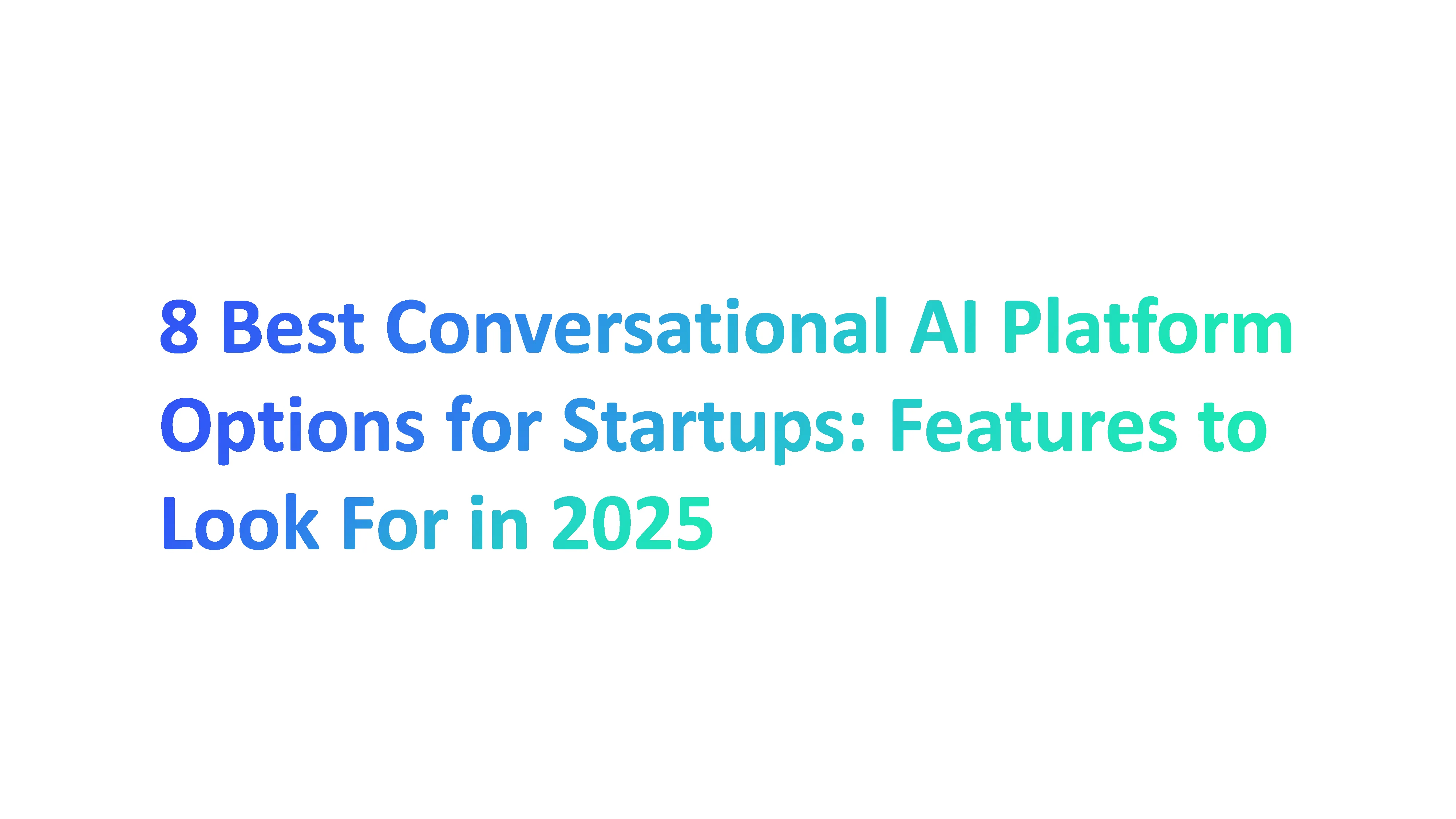



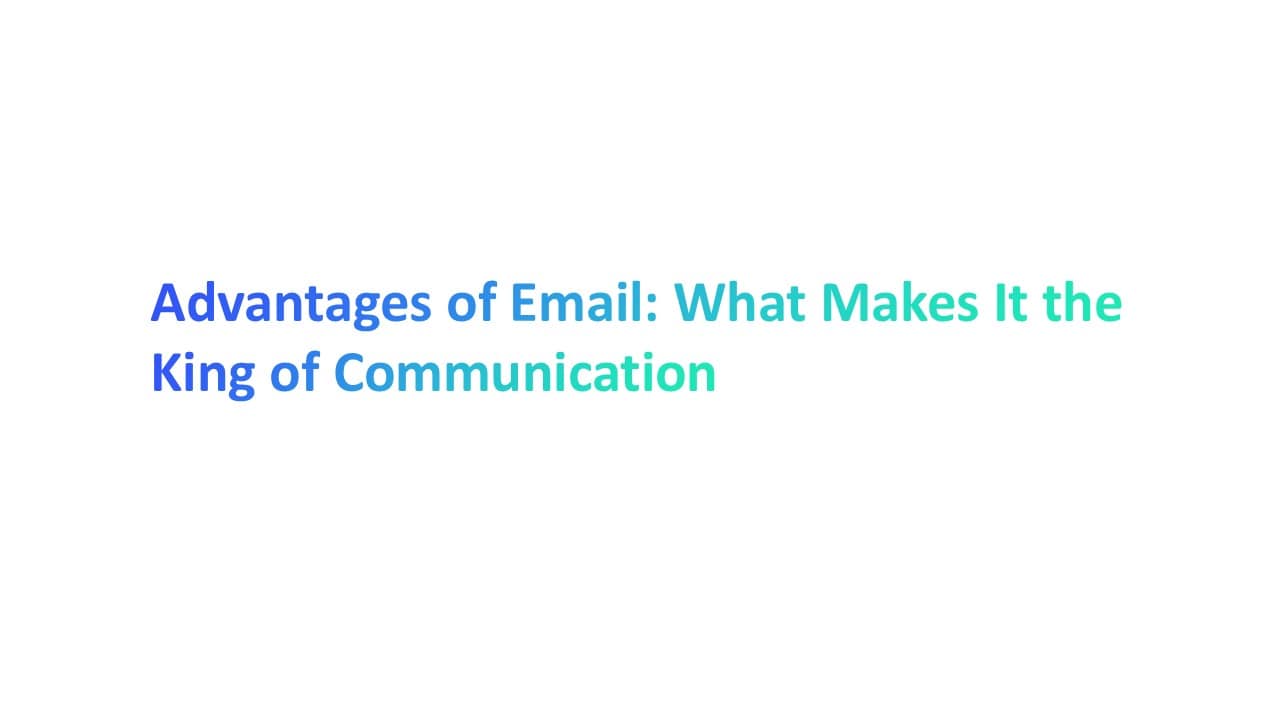

.webp)

